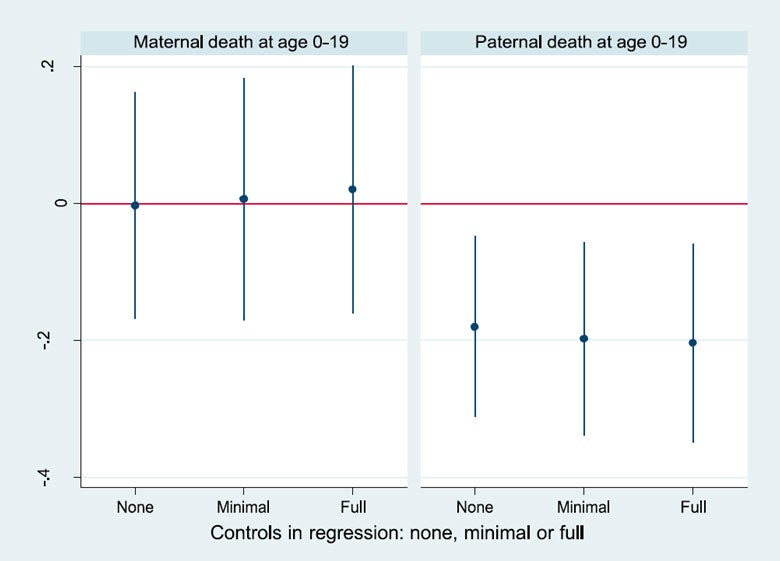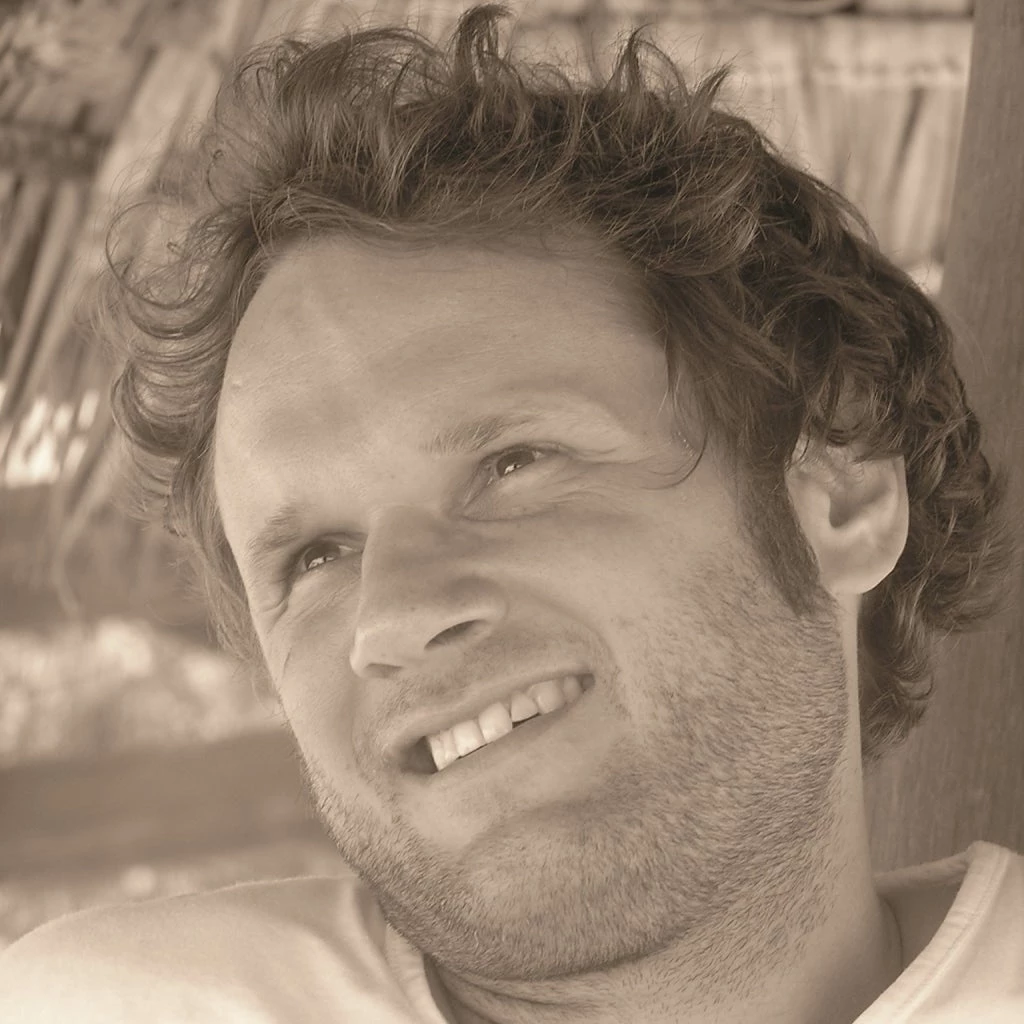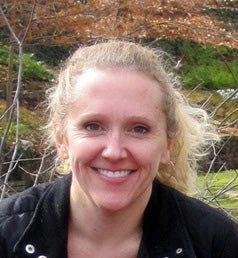
On Sunday, many fathers around the world received cards and gifts from their children in celebration of Father’s Day. But fathers who have been following the academic and policy debates in the development community may feel somewhat exasperated that the role of men in the household and of fathers in raising children gets so little mention. It is the role of mothers that generally takes the spotlight; but what about fathers?
It is not easy to measure the importance of a particular parent, but one way to go about it is to look at what happens to children who grow up without that parent, for example because the parent has died. This is exactly what we did in our article “Orphanhood and Self-esteem: an 18-year longitudinal study from an HIV affected area in Tanzania,” which was recently published in JAIDS Journal of Acquired Immune Deficiency Syndrome. What we find is that fathers matter a great deal for the psycho-social wellbeing of their children. What’s more, they put a life-long stamp on children, with positive effects on children’s self-esteem persisting into adulthood.
We used Rosenberg Self-Esteem scale (RSES), a test is commonly used in Western contexts, but with the advantage of being well-validated in many settings across the globe, including Tanzania. The test uses 10 questions to measure ones overall sense of self-worthiness, self-acceptance, and self-respect. It is an important psycho-social trait and a determinant of earnings.
We studied a sample of 1,108 children who had both parents alive in the early 1990s and were part of a World Bank led survey in the Kagera region of Tanzania. At that time this was an area ravaged by HIV/AIDS and elevated prime-aged adult mortality. We went back to interview everyone in this sample nearly two decades later. Having now hit adulthood, many individuals had started to live independently and had formed their own households. This is also a mobile age group: on average, our survey teams had to travel 158 km to their new locations.
In our sample, 15% of children had lost their mother before they were 19-years-old, 30% lost their father, and 9% had lost both parents. Our empirical strategy compares children who had lost one or both parents to children who had not. The strength of our data lies in the availability of pre-orphanhood survey data, which allow us to control for the child’s pre-orphanhood circumstances. For example, low socio-economic status at baseline is predictive of paternal death in our sample. Not controlling for this characteristic may lead us to erroneously attribute the effects of low socio-economic status to those of the paternal death. The long time frame, following children into adulthood, gives us some confidence that the effects we are looking at are not transitory shocks, but have persistent and potentially life-long effects.

We show the results from our study in Figure 1, which is taken from the JAIDS publication. We show results from three estimates of RSES (we will spare you the technical details which are in the paper). The dots in the figure are the “point estimates” of the impact of a death occurring on the child’s RSES score. The lines represent 95% confidence intervals.
A number of insights emerge. First, we see very little effect of maternal death on our measure of self-esteem (the dots are near or at zero). This is all the more surprising because most previous studies found that mothers did matter. But those studies focused on health and education, not on self-esteem or other psychosocial outcomes. In fact, in our own previous research on this sample, we also found that mothers are important for the health and schooling. Children who lost their mothers were two cm shorter than those who did not, and they also had about one-year lower schooling. Father’s death did not seem to have any impact on these indicators.
Second, and again in contrast to previous findings on health and education from our own work and that of others, there is a very pronounced effect of paternal death. In all three specifications when a father dies when the child is 0-19 years old the child will suffer a loss of 0.2 standard deviations in self-esteem. The paper also presents a further breakdown of these results by age of the child when the father died, which shows that the effect is mostly driven by paternal death during teenage years.
Third, there is very little difference across the three specifications, which differ in the range of “control” variables. Had we done this analysis on a cross-section (with no control for the kind of pre-orphanhood characteristics used in the full controls specification) we would have reached the same conclusion. But that said, we would not have known that the results were not influenced by those pre-orphanhood characteristics. And in our earlier work on health and education these pre-orphanhood controls mattered quite a lot.
In other specifications (not shown) we find no differential effects by the gender of the child or by the time since bereavement, nor do we find any additional multiplicative effect for double orphans.
In Tanzania, one in every 11 children under the age of 18 has lost one or both parents, and one in every seven households in the country hosts an orphan. The findings from our study suggest that programs that target psychosocial support among these groups can potentially have large benefits for future generations.




Join the Conversation